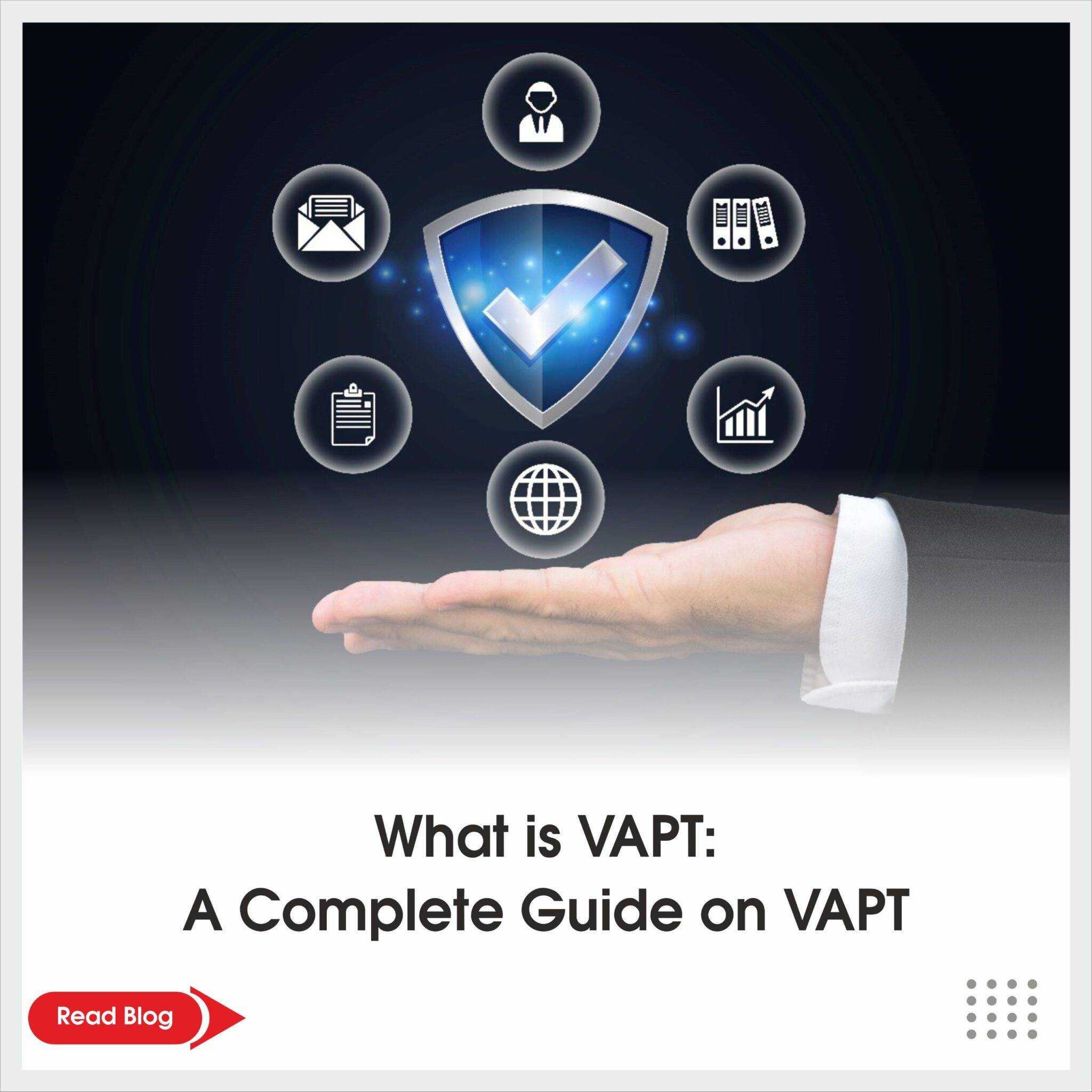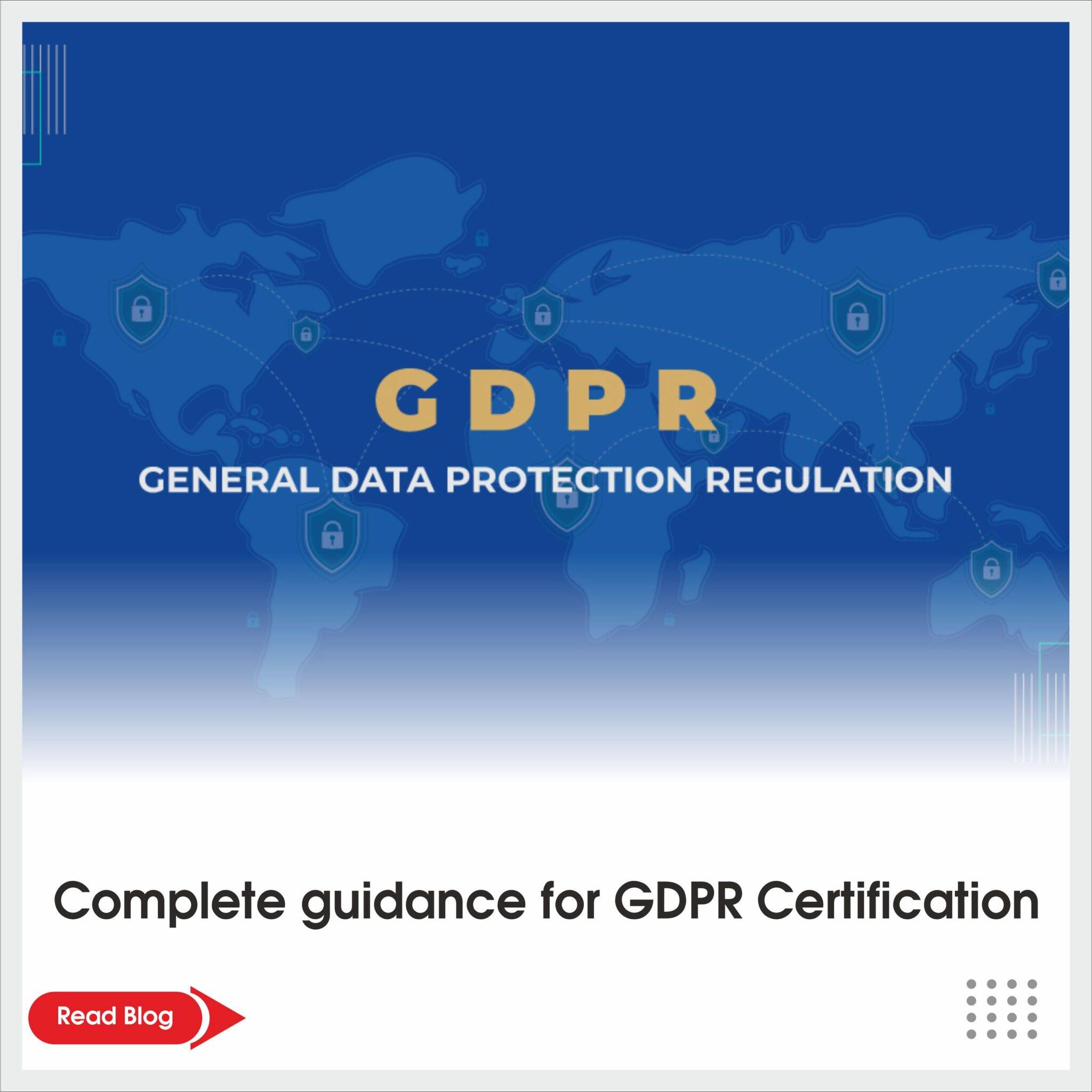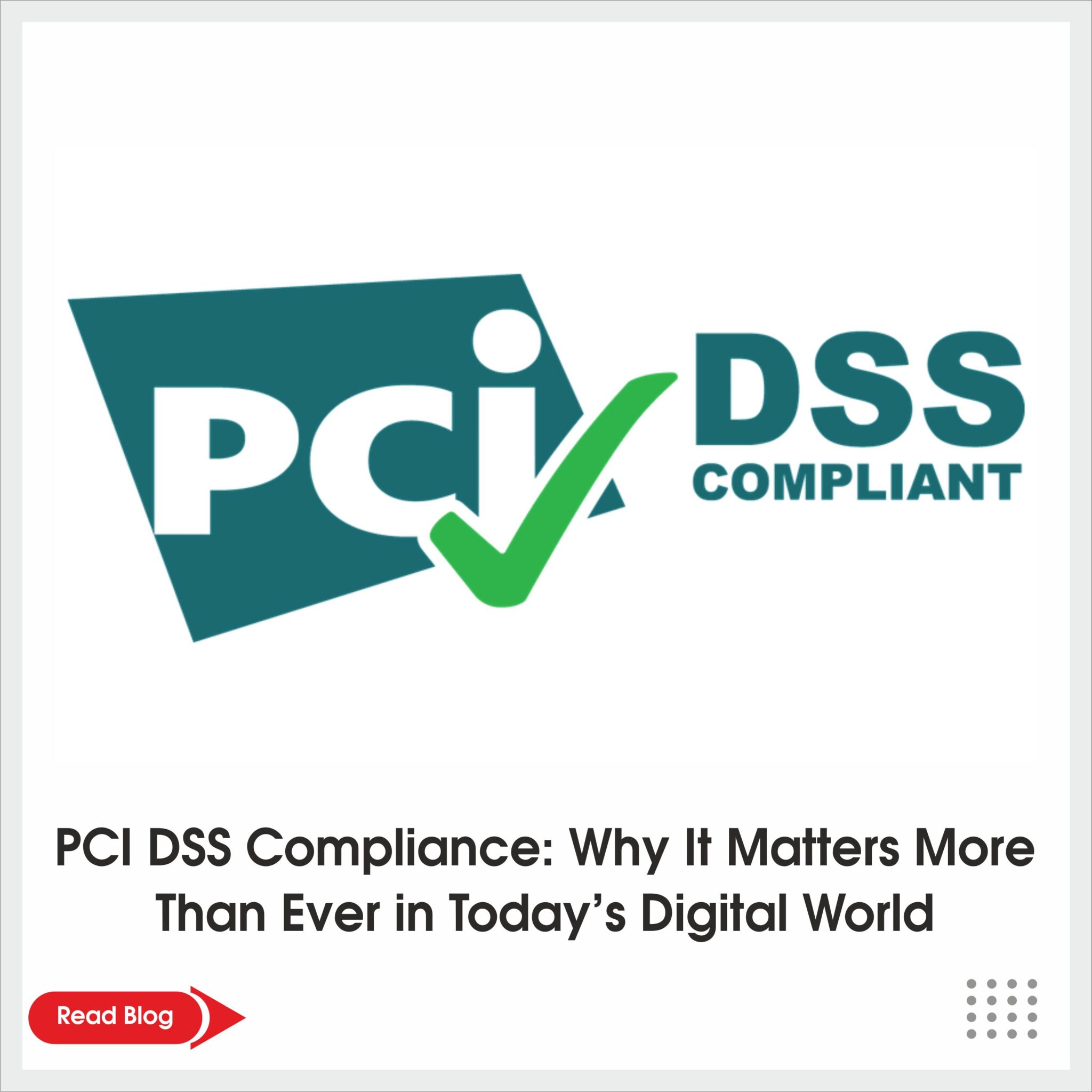
What is VAPT: A Complete Guide on VAPT
Introduction: Understanding What is VAPT and its Significance in Cybersecurity Cybersecurity has emerged as a major problem for businesses in
In a world where workplace safety and the well-being of employees are of paramount concern, the ISO 45001:2018 certification stands as a backbone for organizations. However, the ISO 45001 certification ensures workplace safety by mitigating work-related accidents, deaths, and diseases.
Occupational Health and Safety Management System ISO 45001 is an internationally recognised standard aiming to create safe and secure workplaces. The foremost requirement for implementing the ISO 45001 standard is formulating an appropriate risk management strategy. The certification aims to achieve three primary goals and objectives; these are:
ISO 45001 standard for Occupational Health and Safety Management System (OHSMS). The key elements of ISO 45001 certification are as follows:
ISO 45001 Occupational Health and Safety Management System (OHSMS) policy prioritizes the safety and health of employees and stakeholders. It mandates an organization to conduct a risk assessment to identify and eliminate workplace threats and hazards by preventing work-related injuries, illnesses, and incidents. It measures and maintains compliance with relevant national and international occupational safety and health laws and agreements.
45001 OH&S Management System – Occupational Health & Safety outlines policies and controls for ensuring occupational safety and health within an organization. It mandates organizations to establish dedicated joint safety and health committees to allocate responsibilities and ensure accountability. Moreover, it assures that designated personnel have the necessary competencies by conducting safety and health training for workers to reduce work-related injuries, accidents, diseases, and deaths.
ISO 45001 follows a comprehensive evaluation system for safety and health practices within a factory. It identifies potential work-related safety and health hazards and implements appropriate controls to address them. However, the certification also requires to maintain safety-related documentation, such as training and inspection records.
ISO 45001 standards require monitoring the safety and health performance by establishing procedures to monitor, measure, and record the effectiveness of health and safety standards. It mandates an organization to conduct external audits and analyze data on workplace sickness and accident records. Companies with strong safety and health records continually assess their performance by following a proactive approach to make the workplace safe.
Eight significant components for implementing ISO 45001:2018 certification are as follows:
Strategic Compliance: ISO 45001 certification adopts national and international best practices by monitoring compliance with Occupational Health and Safety (OHS) regulations and the organization’s existing OHS policy.
Timely Incident Reporting: OHSMS conducts an internal risk assessment to identify and monitor work-related threats and hazards. Moreover, it establishes an effective system to report and manage potential risks.
Comprehensive Documentation: It requires an organization to document necessary policies, procedures, and instructions integral to OHS management.
Workforce Training: ISO 45001 requires an organization to train employees to integrate OHSMS practices to create a safety culture.
Risk Assessment: It conducts a risk assessment to help organizations identify and evaluate potential risks to implement appropriate preventive measures.
ISO Certification: An organization can apply for an ISO 45001 certification to demonstrate an organization’s commitment to employee health and safety.
Effective Communication: It establishes effective communication to ensure that OHS-related information reaches everyone, from top-level management to the subordinate level.
Data Accessibility: ISO 45001 makes informed decisions by analysing data and facilitating adjustments to the OHSMS when necessary.
The ISO 45001 Occupational Health and Safety Management System doesn’t offer a one-size-fits-all approach for businesses. However, it mandates that organisations conduct risk assessments and internal reviews to identify potential work-related risks and hazards. The Occupational Health and Safety Management System (OHSMS) tailors a suitable policy and controls based on the analysis.
ISO 45001:2018 certification outlines the significance of Hazard Identification and Risk Assessment (HIRA) in Clause 6.1.2 of the requirements. A hazard is a source with the potential to cause injury, illness, or circumstances that could lead to such adverse outcomes. Hazard identification encompasses all operational activities, followed by a comprehensive risk assessment.
Organizations must monitor and manage the safety of employees by creating a productive and healthy work environment. Occupational health and safety standards help organizations increase the production and productivity of employees. ISO 45001-certified organizations ensure the integration of OHSMS guidelines into the business planning and development process. Moreover, it mandates organizations to make all necessary tools and resources available to protect employees by eliminating workplace accidents, injuries, and deaths.

Introduction: Understanding What is VAPT and its Significance in Cybersecurity Cybersecurity has emerged as a major problem for businesses in

General Data Protection Regulation (GDPR) certification helps businesses, meaning they protect European citizens from data loss due to cyber-attacks, terrorism,

The Payment Card Industry (PCI) Data Security Standard (DSS) is an information security standard designed to improve cardholder data security
© 2023 SIS CERTIFICATIONS PVT. LTD. – ALL RIGHTS RESERVED.